Without gutters, roof runoff from rain and snow relentlessly pounds the ground, resulting in dense, water-logged soil that can cause the foundation to fracture. This issue can be completely avoided by installing rain gutters and downspouts.
Whether you intend to live in your house for a long time or sell it in the future, installing gutters is a good investment. Knowing how to install rain gutters first is an excellent step in deciding.
Basics of Gutter Installation
Stay roof water away from the house is as simple as allowing the water to flow into open-topped gutters directly affixed to the fascia. Downspouts, confined pipelines direct water from the gutters to the ground.
Most large home improvement stores carry all components required to construct a comprehensive gutter system. Gutters and downspouts form a unified system by connecting with a variety of connectors and corners.
Installation of Gutters Preparation
The condition of the fascia is a common roadblock when installing gutters. When removing old guttering, severe fascia damage may become apparent. The wood can be fractured, split, damp, or degraded. Although more durable, PVC fascia can also fail.
Since the fascia must be strong enough to receive the new screws and support the weight of the water-bearing guttering, it is usually best to replace it entirely.
Permits, Regulations, and Codes
Most communities typically do not require a permit to install gutters and downspouts. Regardless, checking with your local permit office before proceeding would be best.
When to Install Gutters
The ideal time to install gutters is during dry, temperate months. This precludes the prospect of water discharge from the roof from interfering with the installation of the gutters.
L.I. Metal Systems’ decades of success are founded on their knowledge of the industry and the specific requirements of each product for each consumer. They offer personalized, dependable service to all of their customers.

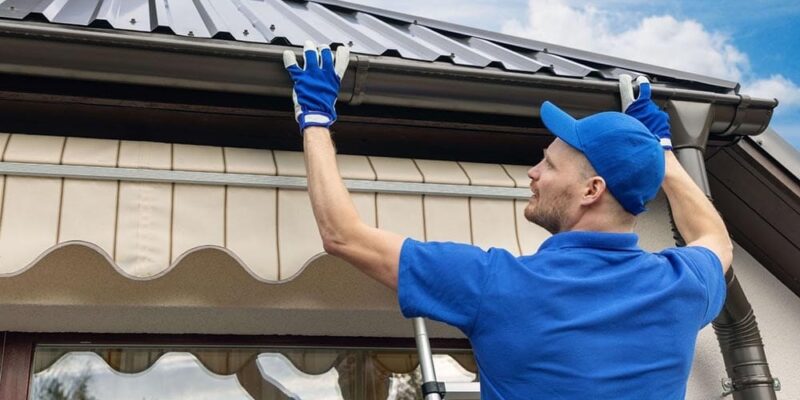
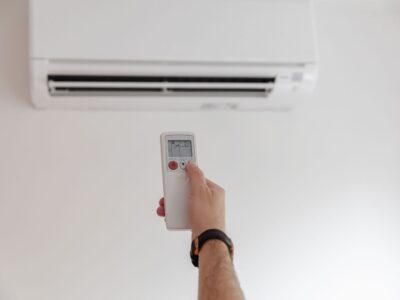


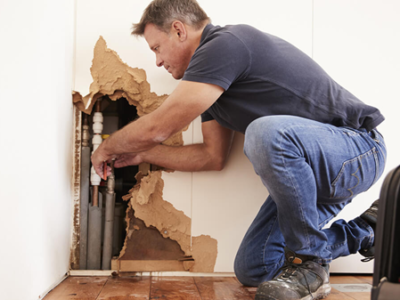


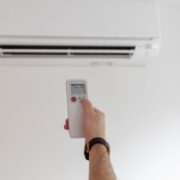


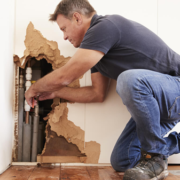

Comments